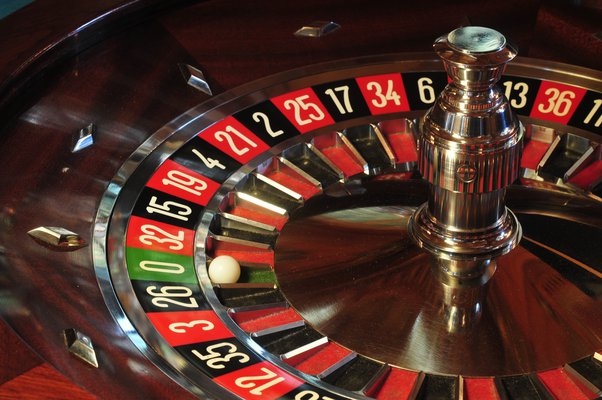Delving into the intriguing history of the roulette wheel, one is met with a tale that intertwines mathematics, invention, and a touch of mysticism. The legend goes that the inventor of the single-zero roulette wheel, Blaise Pascal, struck a deal with the devil to unlock the secrets of winning at roulette, as the sum of all the wheel’s numbers totals an eerie 666.
However, Pascal, a French physicist, inventor, and mathematician, was not driven by a desire to create a casino game. In 1655, he sought to invent a perpetual motion machine—a device that could operate indefinitely without drawing energy externally. While his experiment failed in its original goal, it inadvertently birthed one of the most beloved casino games of all time: roulette.
Historically, roulette has been known by various names, such as “Roly Poly,” “Ace of Hearts,” “Even-Odd,” “Biribi,” and “Hoca.” The French term “Roulette,” meaning “Small Wheel,” stems from the English phrase “Roly Poly.”

The evolution of the roulette wheel took a pivotal turn in the mid-19th century when François and Louis Blanc introduced a significant alteration. In 1842, they designed a roulette wheel featuring a single zero, transforming the game. This modification, created specifically for King Charles III of Monaco, endowed the house with a more substantial edge. The addition of the zero marked a shift in the game’s dynamics, ultimately creating the distinction between European and American styles. As for who invented the roulette wheel in its earliest form, it is commonly attributed to the French mathematician and physicist Blaise Pascal in the 17th century.
The American version, characterized by the double zero, embraced a simplified betting table for quicker bets and faster action. On the other hand, the French or European style retained a more traditional layout, featuring a single zero roulette wheel. Today, players worldwide encounter these variations depending on the country in which they engage in the timeless game of roulette.
In conclusion, the captivating journey of roulette from Pascal’s scientific pursuit to its transformation into a casino staple showcases the game’s resilience and adaptability. As players place their bets on the iconic wheel, they unknowingly participate in a narrative that transcends centuries, shaped by mathematical genius and a bit of folklore.